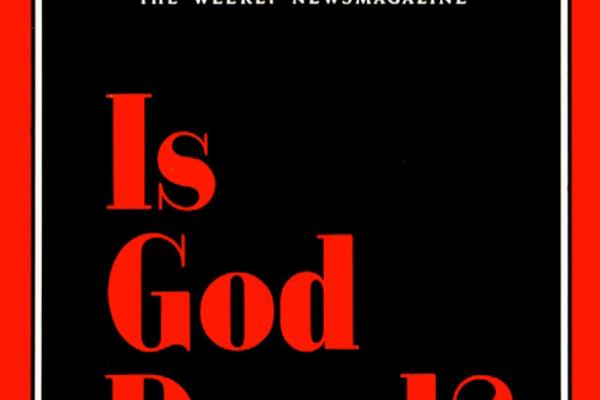Mar 2, 2012
PORTLAND, Ore. — William Hamilton, the retired theologian who declared in the 1960s that God was dead, died Tuesday in his downtown Portland apartment. He was 87.
Hamilton said he'd been haunted by questions about God since he was a teenager. Years later, when his conclusion was published in the April 8, 1966, edition of TIME Magazine, he found himself at the center of a theological storm.
TIME christened the new movement "radical theology," and Hamilton, one of its key figures, received death threats and inspired angry letters to the editor. He lost his endowed chair as a professor of theology at what was then Colgate Rochester Divinity School in 1967.
Read the Full Article

Already a subscriber? Login
